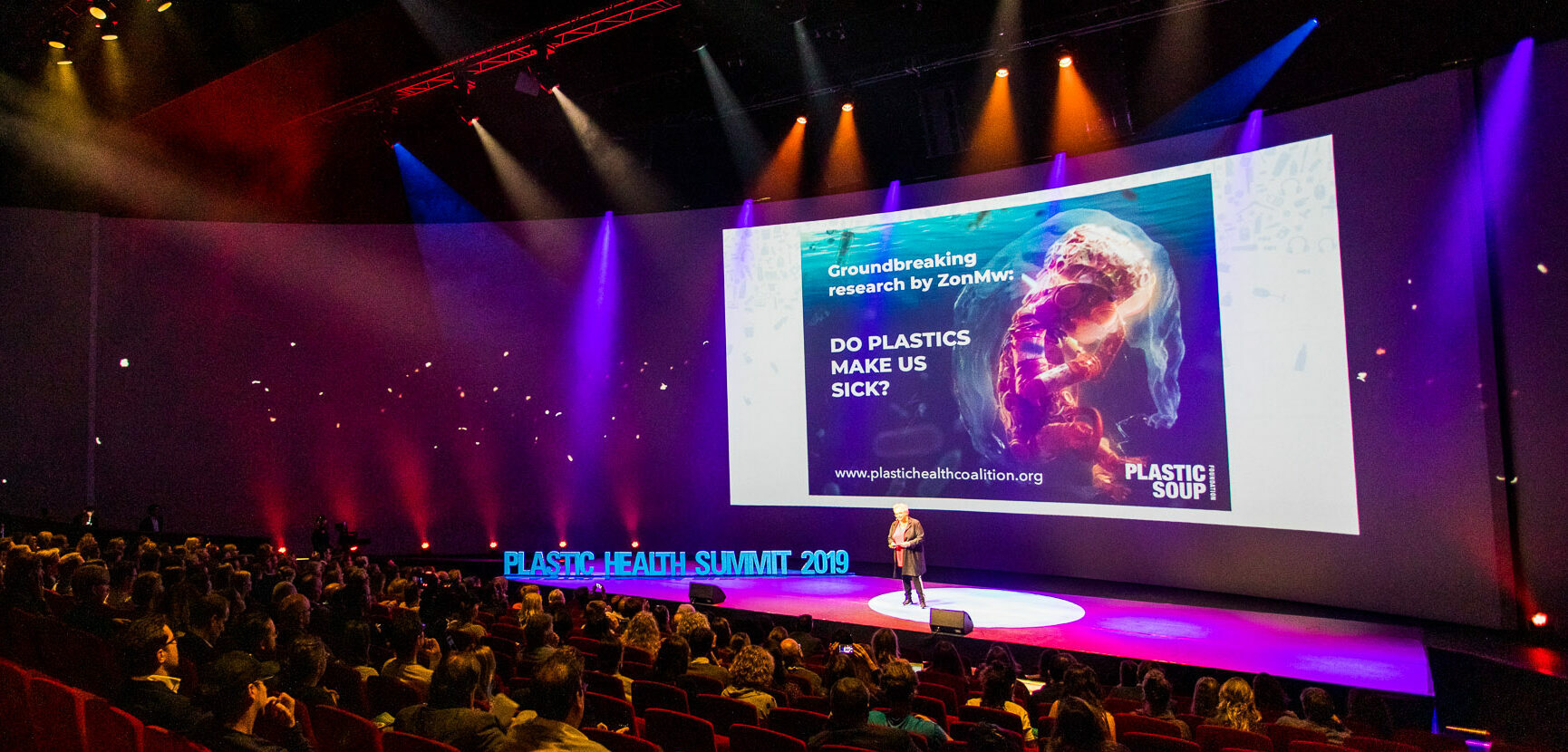On the 3rd of October 2019, the FIRST ever Plastic Health Summit in the world was held in Amsterdam. A one-of-its-kind congress that brought experts from all over the world on the topic of (micro)plastic and human health. The revelations of the ongoing research on microplastics and how they potentially affect us were alarming.
Plastic in the environment is an undeniable issue, but we humans are part of this environment too. The consequences of excessive plasticization of our surroundings were bound to reach us at some point. With the Plastic Health Summit, the indications of these consequences have been confirmed.

Preliminary results
In the context of microplastic exposure through cosmetics and personal care products, the research results that were standing out the most were the ones that indicated highly worrying results. Preliminary results from a study conducted by researchers at the Utrecht Medical Centre (UMC) showed that immune cells were actively attacking microplastics and dying in the attempt. The immune cells which were exposed to microplastics experienced cell death three times faster than those which were not. This study raises serious questions about the impact of microplastics on our immune system.
Furthermore, the ‘Science Talk on Additives’ part of the day brought attention to the wide range of additives we are exposed to through various every-day-products which also includes cosmetics. Dr. Pete Myers, the CEO and Chief Scientist of Environmental Health Sciences, stated that “bisphenols, phthalates, and perfluorinated compounds, once they get into our bodies, they can wreak havoc, largely by hacking the hormone systems. By changing how genes are turned off and on, leading to serious developmental problems.” He goes on to say that “we do know” enough when it comes to these additives in order to limit our exposure to these chemicals.
What can we do in the meantime?
For now, we can only recommend people to start evaluating their lives in terms of plastic use and exposure. Reducing our plastic footprint will not only have a positive impact on the environment but also have an impact on our well-being. If you need help to reduce your plastic in-take then download the ‘My Little Plastic Footprint’ app. This app gives easy tips for reducing plastic in different parts of your daily life. When it comes to microplastics in cosmetics, you can always rely on our ZERO brands and rest assure that you will not be exposed to microplastics through personal care products.
Everything considered…
Heather Leslie (Vrije Universiteit) considers the results presented at the summit to be early warning signs which now justify social and legal intervention in the light of exponentially rising plastic production. Considering the ubiquitous nature of plastics and microplastics in the environment and around our daily lives, the longer we will wait to tackle this issue the harder it will be to turn around and walk back.
The biggest take away from the Plastic Health Summit in the words of Maria Westerbos, director of the Plastic Soup Foundation: ‘Nobody can deny anymore the potential danger of microplastics to our health. This is perhaps the most important result of the Plastic Health Summit’.
Aftermovie | Plastic Health Summit 2019
You might also like:
→ New evidence points to microplastics’ toxic impact on the human body
→ Microplastics harm human health, warn experts
→ PLASTIC HEALTH SUMMIT 2019: THE FIRST EVIDENCE OF HEALTH RISKS FROM MICROPLASTICS

